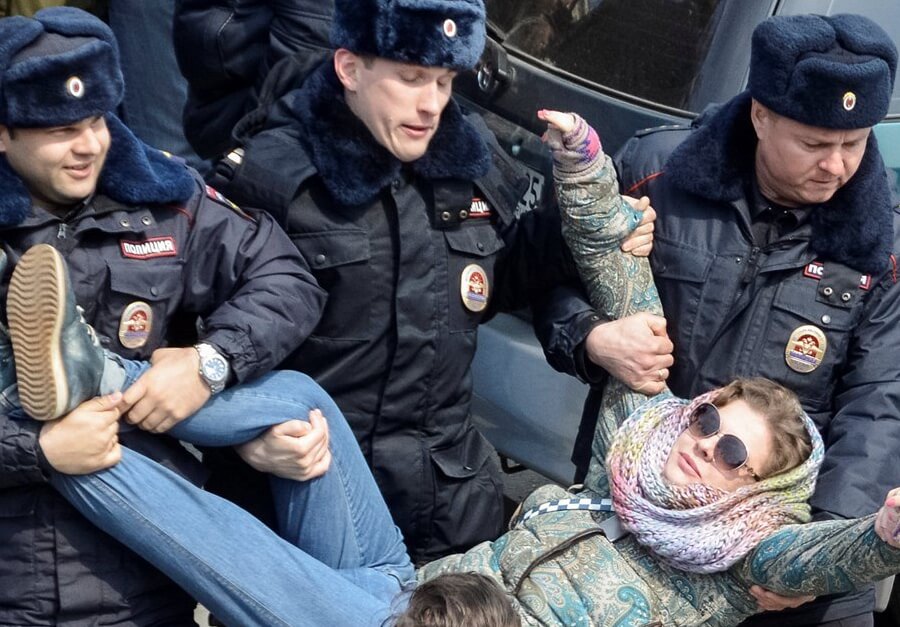NGOs call on Interpol General Assembly to implement long overdue reforms
On the eve of the 89th General Assembly of Interpol, our International Bar Association together with 63 NGOs and individual signatories (including well-known human rights activists and members of the European Parliament), called for further reform to ensure that the INTERPOL complies with the Universal Declaration of Human Rights. The document, endorsed by NGOs, lawyers and human rights activists, expresses concerns about the ongoing abuse of the INTERPOL mechanisms (including Red Notices and Stolen and Lost Travel Document database) and calls for the full implementation of recommendations put forward by Parliamentary Assembly of the Council of Europe and the European Parliament.
Civil Society Resolution on the Forthcoming 89th INTERPOL General Assembly
We co-signatory organizations,
- Having stressed the fundamental importance of international cooperation in the field of criminal law;
- Having born in the mind that the International Criminal Police Organisation (Interpol) is the largest global criminal police inter-governmental organization, with 194 member countries, and has been carrying out an essential role to fight impunity and hold the criminals to account;
- Having reminded that Article 2 of the Constitution of the INTERPOL requires the Organization to act in the spirit of the “Universal Declaration of Human Rights”;
- Having reminded that Article 3 of the Constitution of the INTERPOL strictly forbids the Organization to undertake any intervention or activities of a political, military, religious or racial character;
- Having mentioned the Resolution 2315 (2019) titled ‘Interpol reform and extradition proceedings: building trust by fighting abuse’ of the Parliamentary Assembly of the Council of Europe;
- Having mentioned the European Parliament Study titled ‘Misuse of Interpol’s Red Notices and impact on human rights – recent developments’;
- Having welcomed the reforms adopted by the INTERPOL;
- Having expressed our grave concerns about the ongoing abuse of the Interpol mechanisms including notices and Stolen and Lost Travel Document database;
call on the General Assembly and the General Secretariat of the Interpol:
- To implement the recommendations put forward in the above-mentioned Resolution 2315 (2019) of the PACE, and in particular;
- To further improve transparency by disclosing data that would help to assess how effective its review mechanisms are, including yearly statistics on Red Notice requests received and refused, appeals to the Commission for the Control of INTERPOL's Files (CCF) introduced and decided in favor or against the applicants, with a breakdown by country; and by publishing a “repository of practice” on the interpretation of Article 2 of Interpol’s Constitution;
- To further strengthen the appeals procedure before the CCF by making it speedier, more interactive and more transparent;
- To set up an independent appeals body against the decisions of the CCF;
- To set up a compensation fund for victims of unjustified Red Notices and wanted person diffusions as well as for victims of abuse of SLTD database;
- To further improve preventive and subsequent scrutiny of Red Notices and wanted person diffusions which were submitted by National Central Bureaus (NCBs) which have previously submitted a high number of abusive requests;
- To ensure more effective control over the information which flows through its communication system and SLTD database.
We finally call on our respective governments:
- To set an example of good co-operation;
- To support Interpol by providing the Organisation with the necessary resources to improve the quality and timeliness of both preventive compliance checks and the subsequent review by the CCF;
- To set up a caucus of democratic states to push reforms for (i) ensuring the human rights and freedoms of both victims and subject persons, (ii) naming and shaming abuser countries inter alia People’s Republic of China, Russian Federation, Belarus, Turkey, Kazakhstan;
- To adopt a risk assessment guideline to be more vigilant about the requests and data submitted by NCBs of abuser countries;
- To make use of their influence within Interpol to support the implementation of further improvements so that Interpol fully respects human rights and the rule of law whilst remaining an effective tool for international police cooperation;
- To give due regard to the recommendations and reports of civil society watchdogs dealing with the matter of misuse of Interpol, extraditions and other forms of interstate legal assistance;
- To duly probe all instances of misuse of Interpol, extraditions and other forms of interstate legal assistance by the requesting States for political or corrupt purposes;
- To be vigilant about any attempt of member countries to leave a permanent effect on Interpol’s mechanisms and leadership structure that would make the organization susceptible to abuse of its mechanisms.





